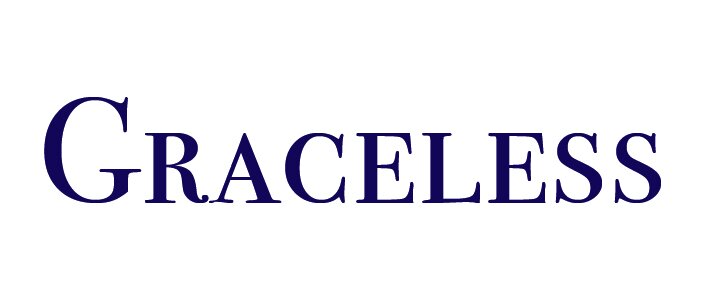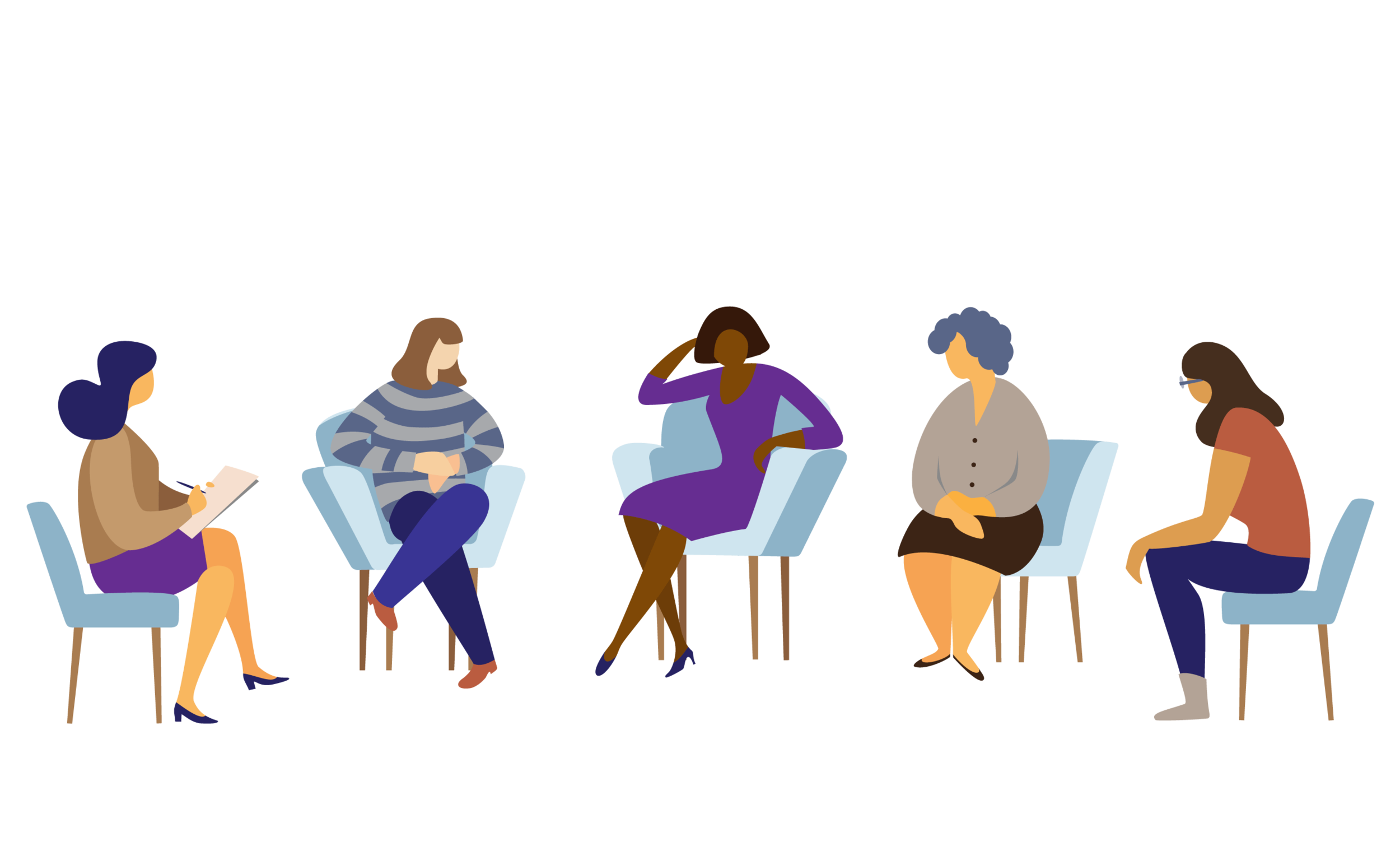Clear Eyes
I had to stop crying eventually.
I hadn’t anticipated Trump winning the electoral vote. When morning dawned on November 9th, 2016, I remained in a state of shock, sadness, and disbelief. But I was still expected to show up at my office and be an attentive, professional psychotherapist. Interestingly, the work week took on an unanticipated shape. For the first time in my ten-plus years as a therapist, all of my clients wanted to talk about the same topic: the results of the election.
In many sessions, my client would pause before broaching the topic. In those wide-eyed moments, I knew they were worried I might be One Of Them: a Trump voter, pleased with the results and prepared to endorse the hatred that his candidacy and presidency would bring. There was a parallel process going on in therapy during those days, as those of us horrified by the idea of Trump as president were also looking around us and asking, “How did this happen? Who are the people who voted for Trump?” What my clients and I were feeling was a ripping apart of the communities, and the America, we had thought we had known, replaced with a sense of fear and isolation from those around us. We sought closeness at a time when the winning candidate shouted a gospel of divisiveness and mistrust.
Part of my guidance to clients in those months after the election was to balance grief with action, and with connecting to the support systems in their lives. I knew I had to take my own advice, so looked for places to process my pain and ways that I could become a more engaged citizen. I donated to the ACLU and Planned Parenthood. I read the news more diligently and changed up my podcast diet to be more politically informative. I learned all of my representatives’ names and added them to my contact list. I read the Indivisible Guide and joined the local Indivisible group on Facebook for my congressional district. And before long, my activities led me to Beto O’Rourke’s campaign for Senate.
It would have been pretty hard to avoid discovering Beto as an Austin, Texas resident in 2018, but I got to meet him a bit earlier. I went to a political podcast taping in early 2017, where he was one of the guests. Beto walked down the long line of hundreds of folks waiting to get into the theater, introducing himself and shaking our hands, impressing me with his hustle. When he spoke, he shared his vision for a better Texas: one where, for instance, the jails and prisons are not the largest providers of mental healthcare in the state. One where he planned to talk to everyone, including college students (whom most politicians eschew, because they don’t tend to vote). When I think about Beto and his campaign, I think about this idea that we can be for something, and not just against Trump and the Republican party.

Beto’s was a grassroots campaign, and I was determined to help it grow. I attended my first block walk in April of 2018. It was a little nerve wracking, knowing that we were going to knock on a list of fifty doors and talk to strangers about politics. I wondered whether anyone would yell at us. Online, political discussions meant Twitter fights and all-caps Facebook arguments—how would people be in person?
Early into that first block walk, my partner and I spoke with a middle-aged white man. His face grew angry as he looked intently at the brochure I had given him about the campaign. Nervous, I mumbled something about us looking for people who wanted to vote for Beto and who wanted to help with the campaign. He looked up suddenly and told us, “I don’t want to help.” I gulped and prepared to exit. But he continued with passion, “I need to help.” He went on to share his frustrations and fears about the state of our union.
I left that house and that first block walk excited and ready to do more, wanting to connect with people in my community face-to-face, to share our stories and talk about concrete actions we could take to improve our state and our country. It was a relief to find that people really did care about what happened in our government and were willing to vote or volunteer to be part of a campaign. Block walking became the antidote to sitting in isolation, worrying about what my fellow citizens were thinking. And no one yelled at me, not even Ted Cruz supporters.
"Many of my fellow Texans opened the door while smoking weed; a husband led me back to his wife’s bedroom where she was recovering from a three-day-old C-section."
I went from participating to organizing and soon became a “Canvass Captain,” heading up nine block walks in various Austin neighborhoods throughout the summer. As the campaign reached a fever pitch in September, I signed up for multiple block walks per week, trained dozens of first-time walkers, and co-organized a Beers For Beto fundraiser. Most of my spare time was spent hitting the streets of Austin and talking to people about voting, and I discovered an easy rhythm of meeting up with other Beto supporters through Facebook groups or at pop-up campaign offices and getting to work. The more I walked, the more invigorated I felt—not just as part of this campaign, but as a citizen and a member of a focused and positive community.
Block walking put me where the action was, and I got to be part of some unforgettable moments. I watched one man’s annoyed scowl at the knock on his door turn into a Cheshire cat grin when I explained my purpose there: “Someone’s running against Ted Cruz?” he said, delighted. “Tell me more.” I was able to educate people about how voting works, including telling a dozen or so grateful citizens that they were eligible to vote when they didn’t think that they were. Many of my fellow Texans opened the door while smoking weed; a husband led me back to his wife’s bedroom where she was recovering from a three-day-old C-section; and several shirtless dudes (and one without pants, just a perfectly draped towel) were very surprised to see me.
At one of the last houses on an early list, I met a neighbor who was very excited about the campaign and asked for a Beto sign. When I was putting it in his yard later that evening, he came outside, asked to block walk with me the next time I went, and eventually became one of my most faithful volunteers. A retired physician who had immigrated from India to the U.S. forty years ago, he asked that he and I block walk together, as he had received some negative comments questioning his nationality since Trump had become president. But he smiled as he relayed his experiences; though the occasional bad penny turned up, he said, “Most people are kind like you.” My experiences had led me to feel very much the same.
While Beto didn’t win (spoiler alert), he still gave us plenty of reason to be “so fucking proud” of what was accomplished in Texas. I look forward to him continuing his career and calling upon all of us volunteers to get to work again—and to keep growing our numbers. But maybe the biggest gift I got from his campaign is the ability to connect to people in my neighborhood, my town, my state, and my online community. With Trump doing all he can to keep the populace feeling tense, scared, and unsafe, it can be hard to get a glimpse of hope, much less act on it. But when we stop crying, eventually—when we clear our eyes and get to work—community is that light that reflects hope back to us.

